- The potential for hydrogen production from algae lies in its ability to provide a sustainable alternative to fossil fuels
- As the global demand for clean renewable energy continues to increase, this innovation could play a key role in revolutionizing the energy sector
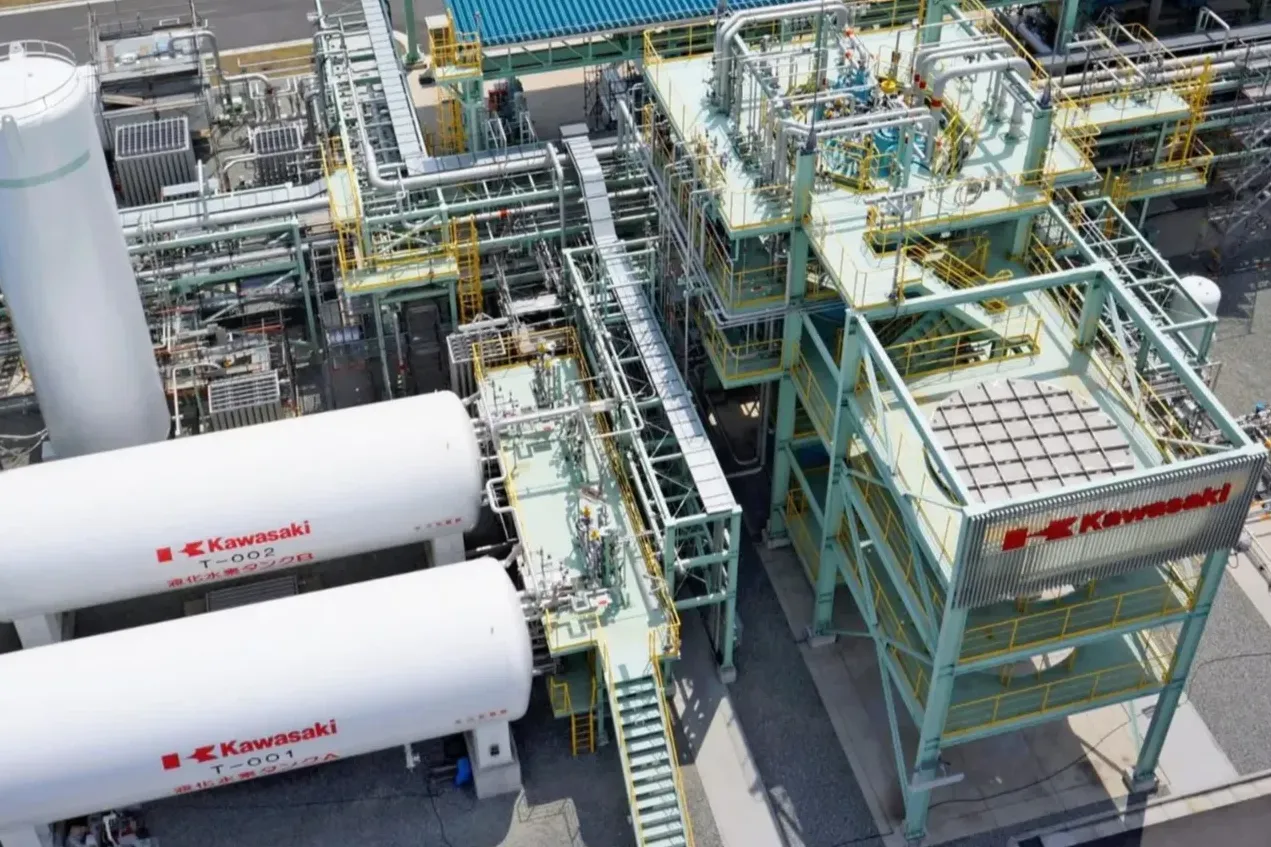
In the context of accelerating the goal of carbon neutrality, the heat of the hydrogen energy industry is heating up again, and the energy industry is on the eve of a major transformation due to breakthrough innovations in algae hydrogen production technology. This revolutionary technology promises to address the urgent need for clean, renewable energy while mitigating the environmental impact of traditional energy production methods.
Algae, a green slimy creature commonly found in ponds and oceans, is now being hailed as the future of renewable energy. Scientists and researchers have found that certain types of algae can produce hydrogen through photosynthesis, which is a clean and renewable energy source.
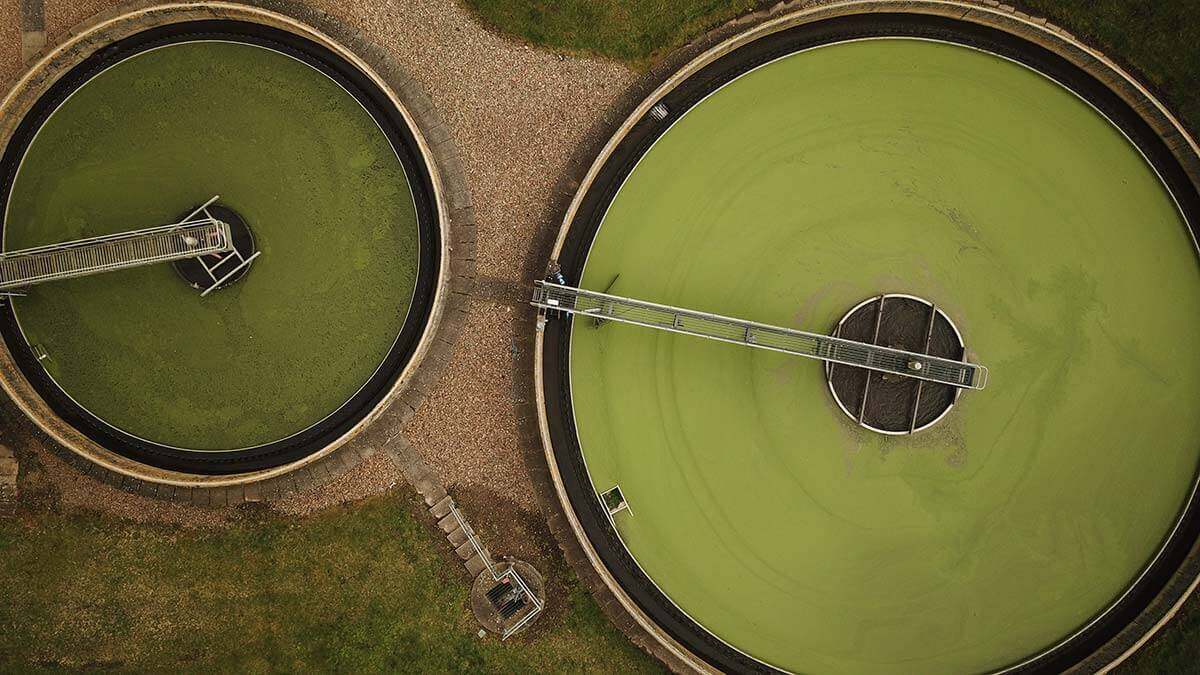
The potential for hydrogen production from algae lies in its ability to provide a sustainable and environmentally friendly alternative to fossil fuels. When hydrogen is used as fuel, it produces water as a byproduct and is therefore a very clean energy source. However, conventional methods of hydrogen production often involve the use of natural gas or other fossil fuels, resulting in greenhouse gas emissions. In contrast, algae-based hydrogen production offers a solution to this environmental conundrum. The process involves cultivating algae in large quantities, exposing them to sunlight, and then harvesting the hydrogen they produce. Not only does this approach eliminate the need for fossil fuels, but it also helps to reduce carbon dioxide levels in the atmosphere, as algae absorb carbon dioxide during photosynthesis.
In addition, algae are efficient organisms. They can produce up to 10 times more biomass per unit area than terrestrial plants, making them an ideal source for large-scale hydrogen production. In addition, algae can grow in a variety of environments, including brackish water, brackish water, and wastewater, thus not competing with freshwater resources needed for human consumption and agriculture.
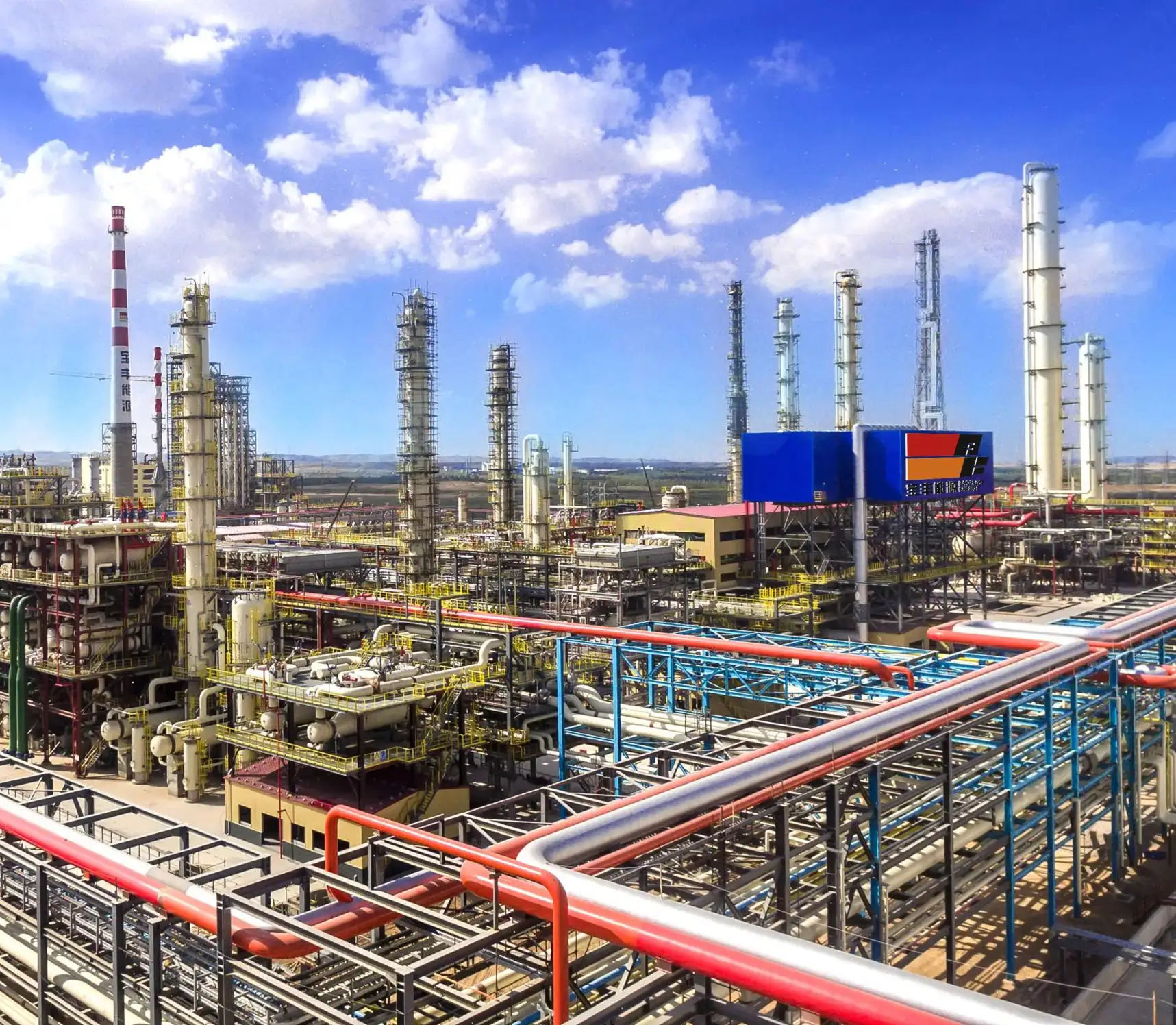
However, despite the potential of hydrogen production from algae, there are also challenges. The process is currently costly and requires further research and development to make it commercially viable. The efficiency of hydrogen production also needs to be improved, as only a fraction of the sunlight absorbed by algae is converted into hydrogen.
Still, the potential of algae to produce hydrogen cannot be ignored. As the global demand for clean renewable energy continues to increase, this innovation could play a key role in revolutionizing the energy sector. Investment in research and development, coupled with supportive government policies, could accelerate the commercialization of this technology. Developing efficient and cost-effective methods for algae culture, hydrogen extraction and storage could also pave the way for mass adoption of the technology.
In conclusion, hydrogen production from algae is a promising avenue for sustainable energy production. It provides a clean, renewable source of energy that can help mitigate the environmental impact of traditional energy production methods. While challenges remain, the potential for this technology to revolutionize the energy industry is huge. With ongoing research and development, hydrogen production from algae could become a significant contributor to the global energy mix, ushering in a new era of sustainable and environmentally friendly energy production. Editor/Xu Shengpeng
Comment
 Praise
Praise
 Collect
Collect
 Comment
Comment
 Search
Search




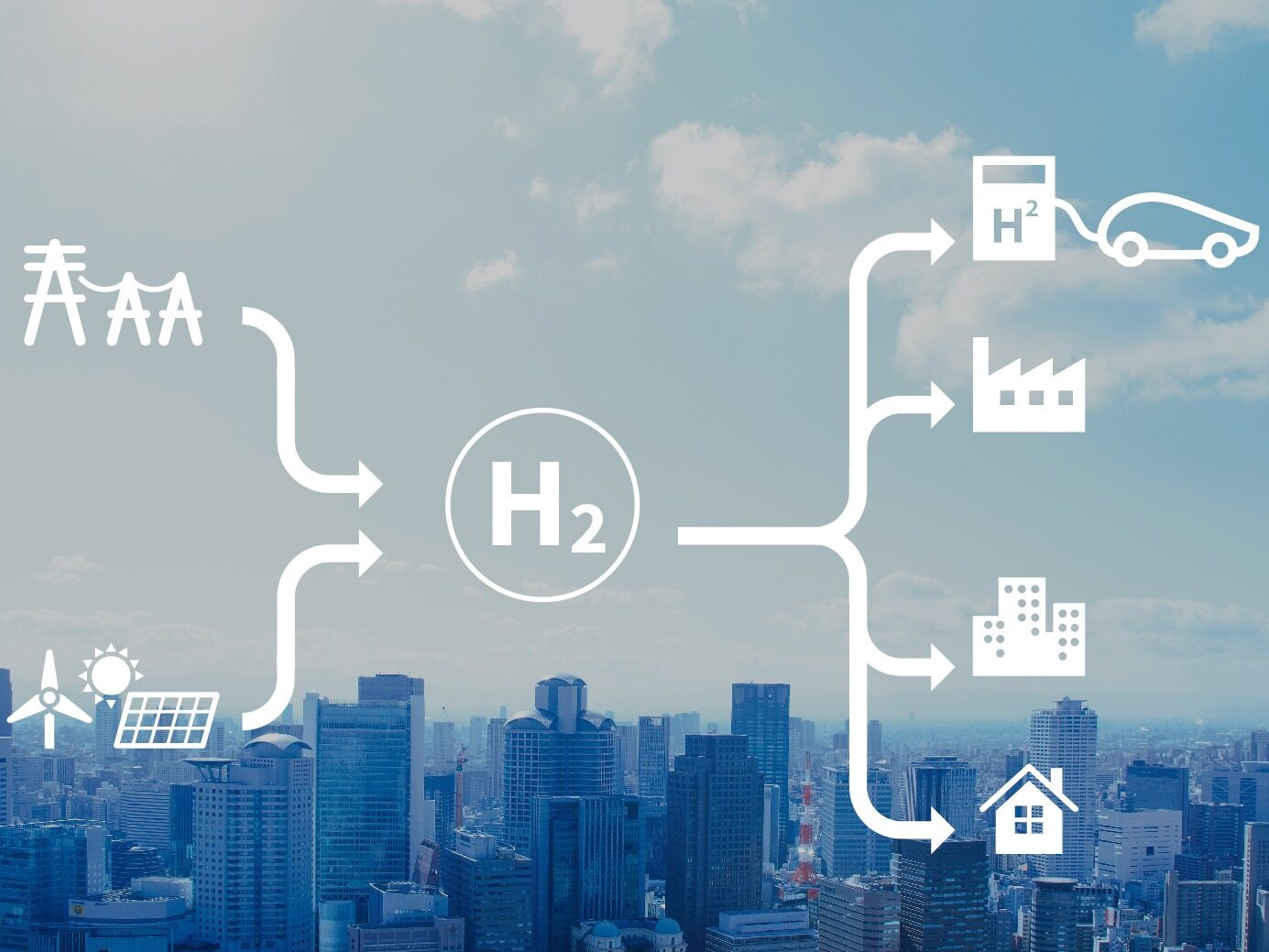
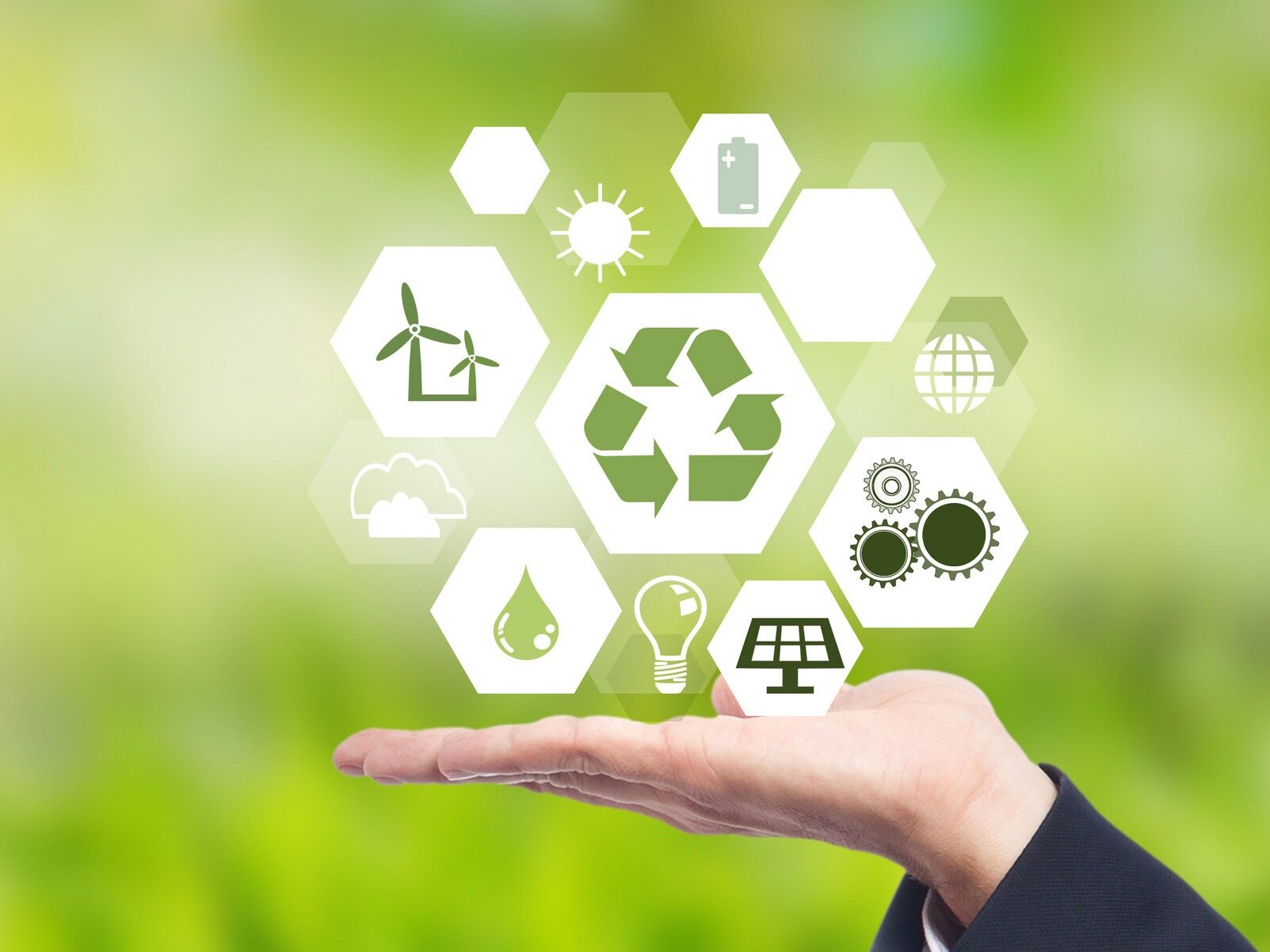








Write something~